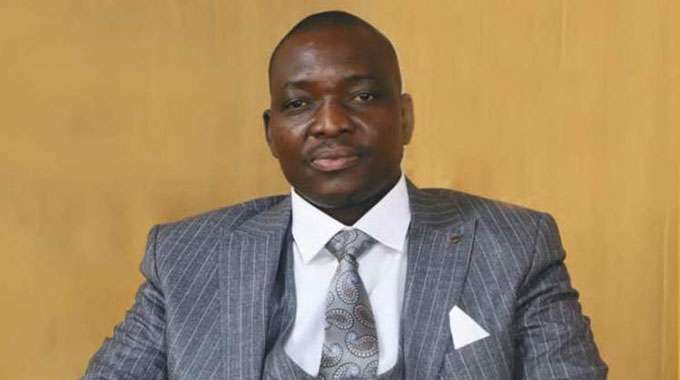Upfront power deal for farmers

Martin Kadzere
Senior Business Reporter
THE Government is negotiating with banks to help farmers pay upfront for electricity and have the money repaid through stop order arrangement after selling their produce, Energy and Power Development Minister Zhemu Soda said.
“Just like other farm inputs, we want banks to help upfront purchase of electricity so that farmers will have uninterrupted supply of electricity while at the same time ensuring that ZESA remains viable and able to provide the service,” said Minister Soda.
In Zimbabwe, most farmers depend on electricity to power their irrigation systems.
But due to the nature of their seasonal incomes, some have been defaulting on their electricity bills, prompting the power utility to switch them off and throw them out of production.
“We do not want production to be interrupted because farmers have been switched off or ZESA is failing to deliver the electricity. We hope this is a viable arrangement,” said Minister Soda.
No comment could be obtained from Bankers Association of Zimbabwe yesterday.
The planned arrangement would significantly benefit winter wheat farmers who badly need electricity to power their irrigation systems to draw water out of sources to water their crops.
To ensure uninterrupted power supplies, winter wheat farmers will also have dedicated power supply lines during the winter season to ensure there is no interruption of production.
Winter seasons in Zimbabwe are characterised by huge electricity demand that often results in critical power rationing.
Zimbabwe’s power deficit is likely to widen after regional utilities Hydroeléctrica de Cahora Bassa of Mozambique and Eskom of South Africa, indicated they will not be able to export power outside firm contracts during winter as they will also have huge demand.
“With regards to farmers, we are putting them into clusters; putting some dedicated power lines in the event that we do not have enough power, priority will be given to them.”
Zimbabwe is targeting 85 000 hectares of winter wheat this year under three programmes. Sixty thousand hectares are targeted under Command Agriculture, private investors, joint ventures and self-financed farmers are expected to put 15 000 hectares under crop while the Presidential Inputs Scheme will plant 5 000 ha.
Between 70 and 100 megawatts would be required for the programmes, Minister Soda said.
Wheat is Zimbabwe’s second staple grain, after maize, but the country has been failing to meet its annual consumption requirements of between 400 000 and 450 000 tonnes.
Farmers have welcomed the move by the Government to provide dedicated power lines for winter wheat programme, saying this would end water shortages for winter wheat.
“Winter wheat depends on water supply and the equipment that pumps water depends on availability of power,” Zimbabwe Farmers Union president Abdul Nyathi said last week.
“We are happy that the Government has found an extra way of alleviating water shortages . . . for the first time and is an acceptable move.”









Comments